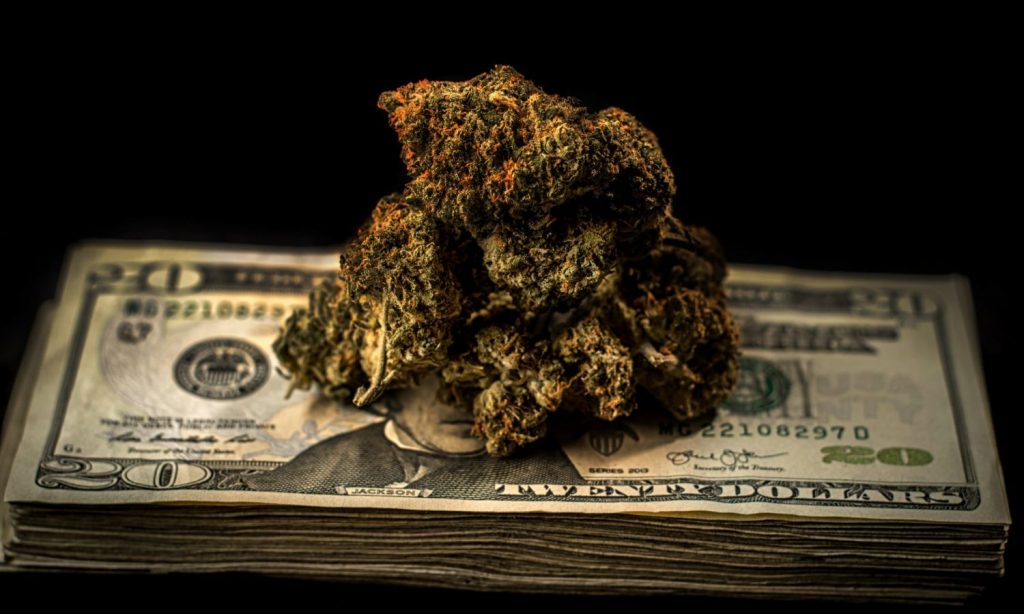In May, cannabis sales in the state hit $116 million, which is $1.5 million higher than in April.
By Nina Zdinjak
One might wonder if lawmakers in Illinois had any idea just how much recreational cannabis sales would bring into the state’s coffers when, less than two years ago, they decided to legalize it. They probably had some idea, seeing that the state ended the previous fiscal year with more than $317 million in cannabis taxes, according to 23 WIFR.
In May 2019, the General Assembly approved the Illinois Cannabis Regulation and Tax Act, which went into effect in January 2020, making Illinois the eleventh state to legalize recreational marijuana and the first in the nation to do so through a state legislature rather than a ballot initiative.

A bold move, one might say, but a smart one: tax figures for just six months of sales for 2020 surpassed $52.7 million. Not even the global pandemic prevented the ever-booming market from taking off.
RELATED: Despite COVID, Cannabis Sales To Hit $20.4 Billion In 2020
This May alone, cannabis sales in the state hit $116 million, which is $1.5 million higher than in April, according to the data from The Illinois Department of Financial and Professional Regulation.
Splitting The Taxes
Total reported sales since the program began in January 2020 amount to more than $1.7 billion. Taxes, which vary depending on the potency of the cannabis product, can reach as high as 40%.
RELATED: Michigan Cannabis Sales Near $1B In First Year Of Adult-Use Sales
Tax earnings are divided up in several ways, with more than a third going into Illinois’ general revenue fund. Another 10% go to the state’s backlog of unpaid bills; 8% to law enforcement and 2% are earmarked for cannabis-related public safety campaigns.
A quarter of every cannabis tax dollar goes to the Restore, Reinvest and Renew (R3) program by law, while local governments have the right to grab up to 3% of additional sales tax.
This article originally appeared on Benzinga and has been reposted with permission.


